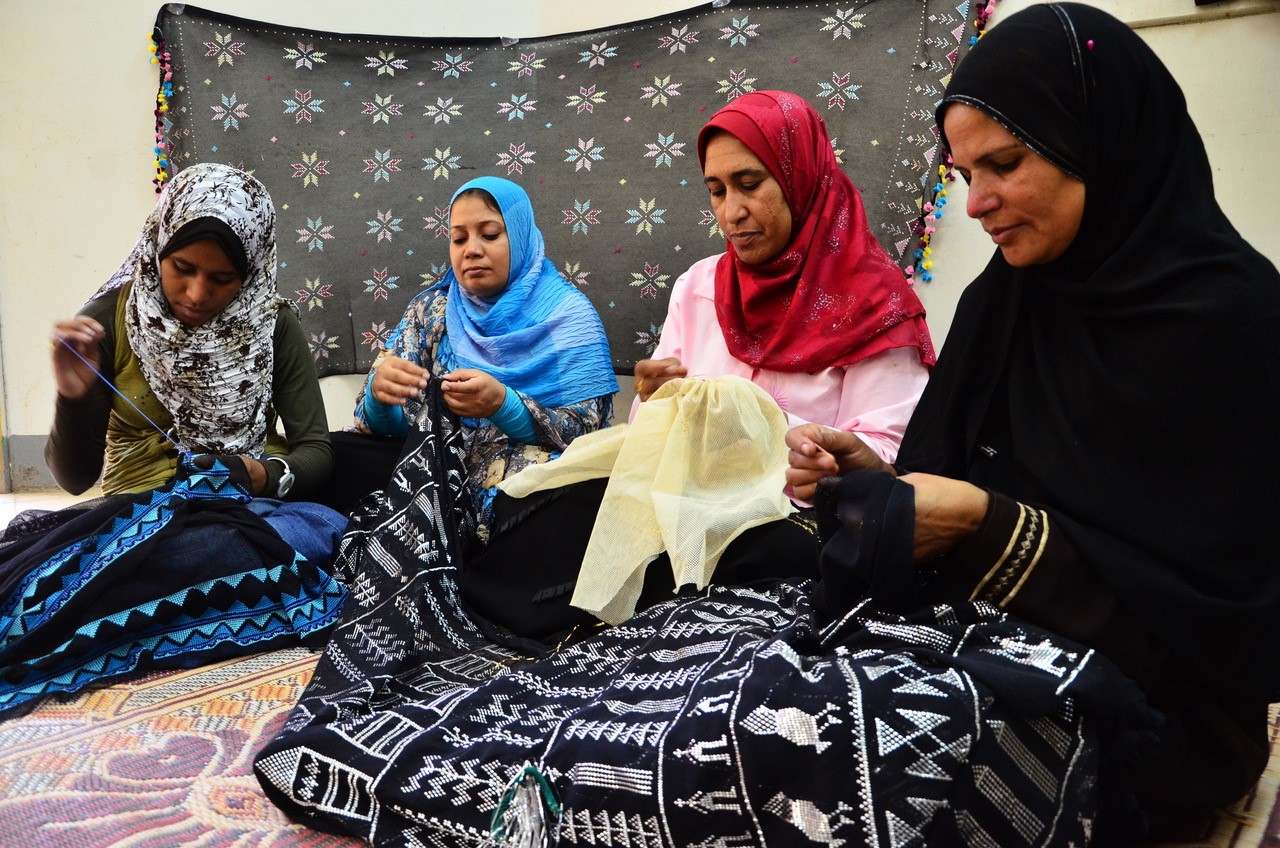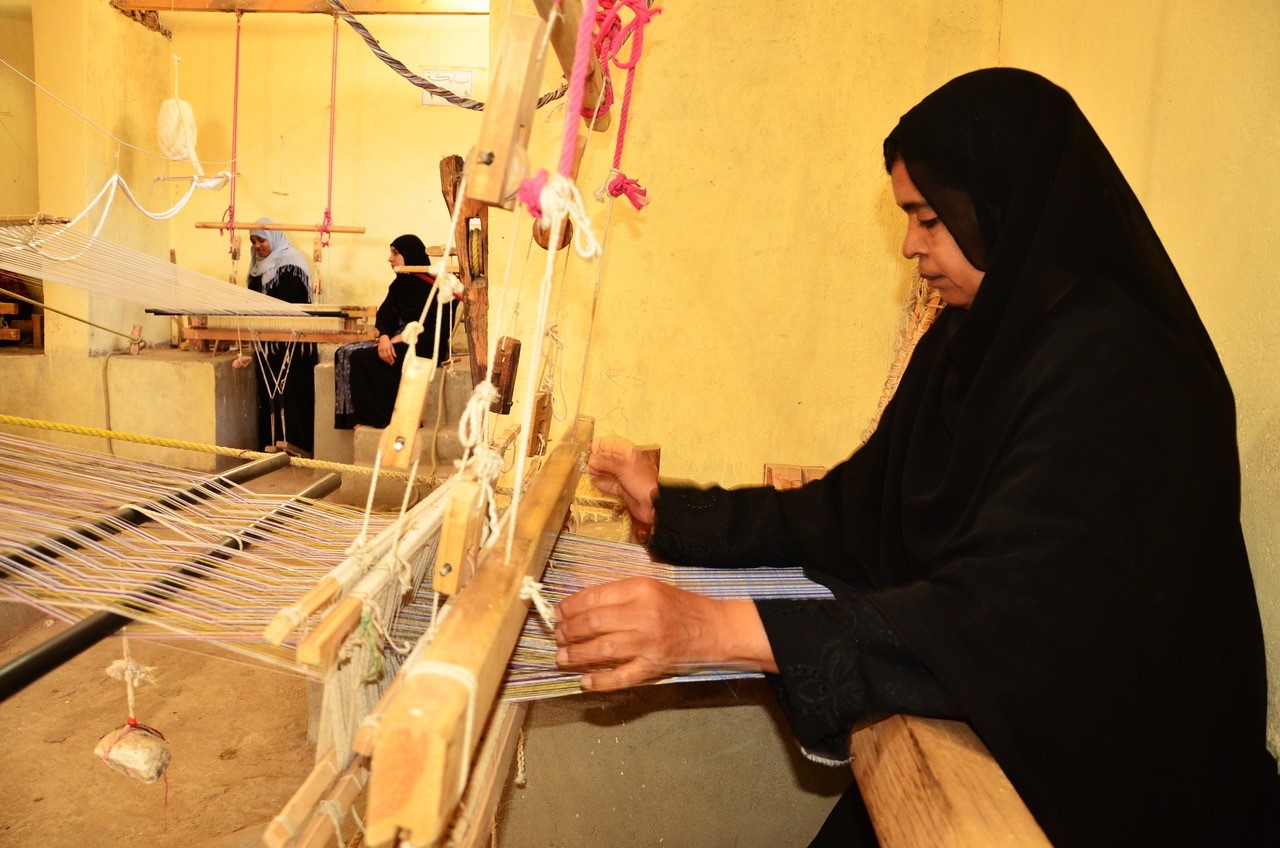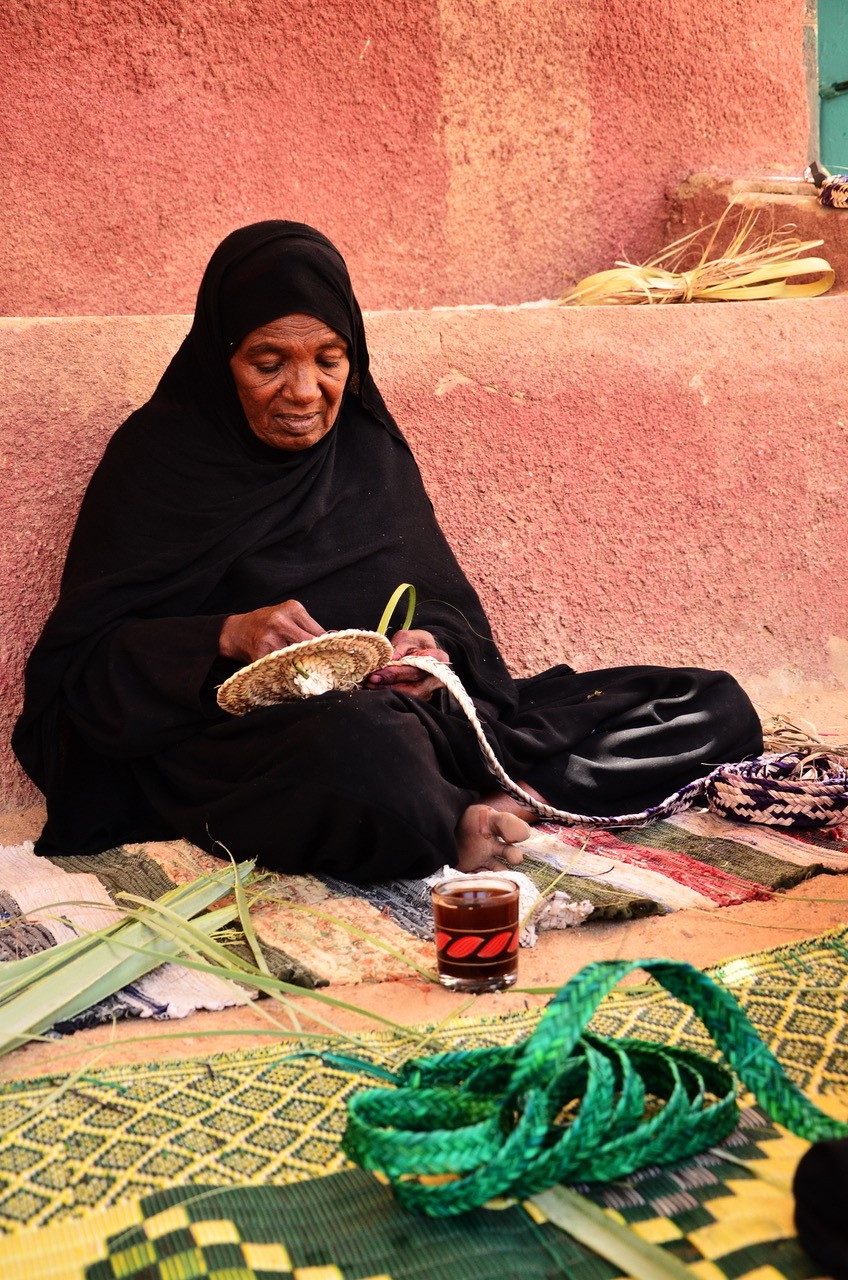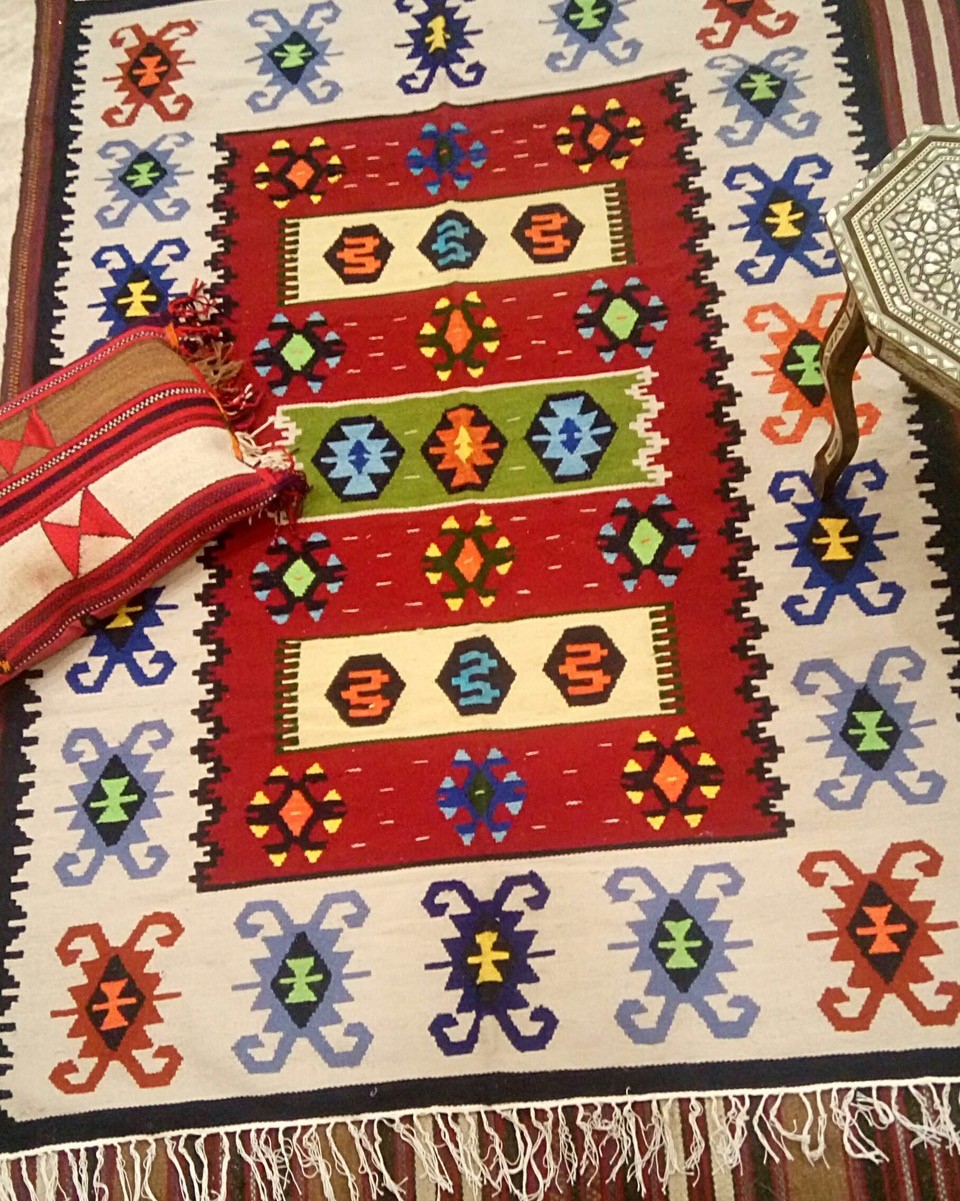The Arab world’s most populous country, Egypt, is a country rich in industry, heritage and cultural traditions. However, according to Usama Ghazali, founder of online crafts marketplace Yadaweya, many of the country’s ancient craftspeople and talented local artisans remain undiscovered.

“The domestic and international focus is often on Cairo,” he says, “but Egypt is not just about the pyramids,”
Ghazali founded Yadaweya as an international e-marketplace to bring awareness to the country’s multifarious arts and crafts communities, often with ancient heritage. Yadaweya also serves as a platform for “sharing stories” about handicrafts artisans in Upper Egypt and desert areas.

Ghazali says, “Our platform allows people to discover Egyptian craft within economically-disadvantaged communities.
“We aim to connect offline local Egyptian artisans with online customers worldwide by spreading their stories and products.”
Currently Yadaweya serves 4,500 artisans within 250 remote communities. Women represent more than 60 per cent of the site’s craftspeople. Ghazali says: “Around 90 per cent of these populations are uneducated or have a low level of education.
“Many have no computer or smartphones, but they have great heritage and craftsmenship. We want to help them to connect with the world.”

Founded in 2015, Yadaweya’s team actively goes out to find communities outside Cairo and locate talented artisans. The team then trains up these communities in taking photos, videos and using technology so that they can tell their stories to a wider audience. This media is then placed on the Yadaweya e-commerce platform and distributed to a domestic and global audience through the website.
The organisation has formed several critical partnerships, such as the Red Sea National Parks Association, which was established in 2013 to help the communities in Eastern desert and the heritage centre, UNESCO, to document the crafts and heritage of target communities.
Ghazali says it was his previous job as a 21-year-old ranger in the remote deserts of Egypt that inspired him to come up with the idea for Yadaweya. “It helped me to see another side of Egypt outside Cairo,” he says.
But it was a stint as an environmental studies student in the UK that showed him it was possible to preserve heritage. “I saw museums and visited non-government organisations (NGOs) and saw how they worked for preserving heritage. I then connected these ideas into Yadaweya,” Ghazali says.
He adds, “Egypt has a colourful heritage, so this is not the issue. The issue is that everything is concentrated in Cairo – outside of the capital, everyone is less supported.
“I started to think about how we can help to discover all the heritage and help all the people in Egypt.”
So far, Yadaweya has been a resounding success, he says. Ghazali adds that the organisation is already exporting to The British Museum and international regions, such as the US and the GCC.
Yadaweya was founded with funding from the seed accelerator Flat6 but in the last few months it has been self-supported through commission taken from sales on the site. “We want to be known as an Etsy [the international e-marketplace] for Egyptian crafts.

“Right now, we are travelling across Egypt to connect with the regions to find out what crafts are available. We want to focus more on discovery and then on marketing those discoveries. For this phase, we are seeking new investors.
“These communities are connected to thousands of years of civilisation and valuable heritage. We want to value them and tell their stories.”
